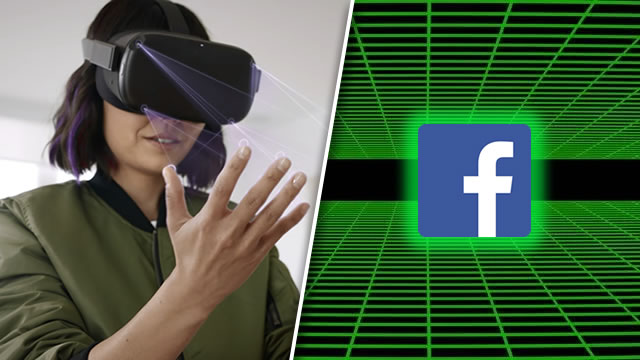Facebook is cooking up an ambitious new idea, and you’d be forgiven for thinking it sounds like sci-fi rigmarole. We speak of the upcoming metaverse; a shift away from traditional internet media toward something else entirely. Frankly, it all sounds a bit complicated. What is a metaverse? And why is it so important to the team at Facebook?

Atlas is an action-rpg with rogue-like elements where you use your ability to control the ground to fight the enemies and move through procedurally generated worlds.










